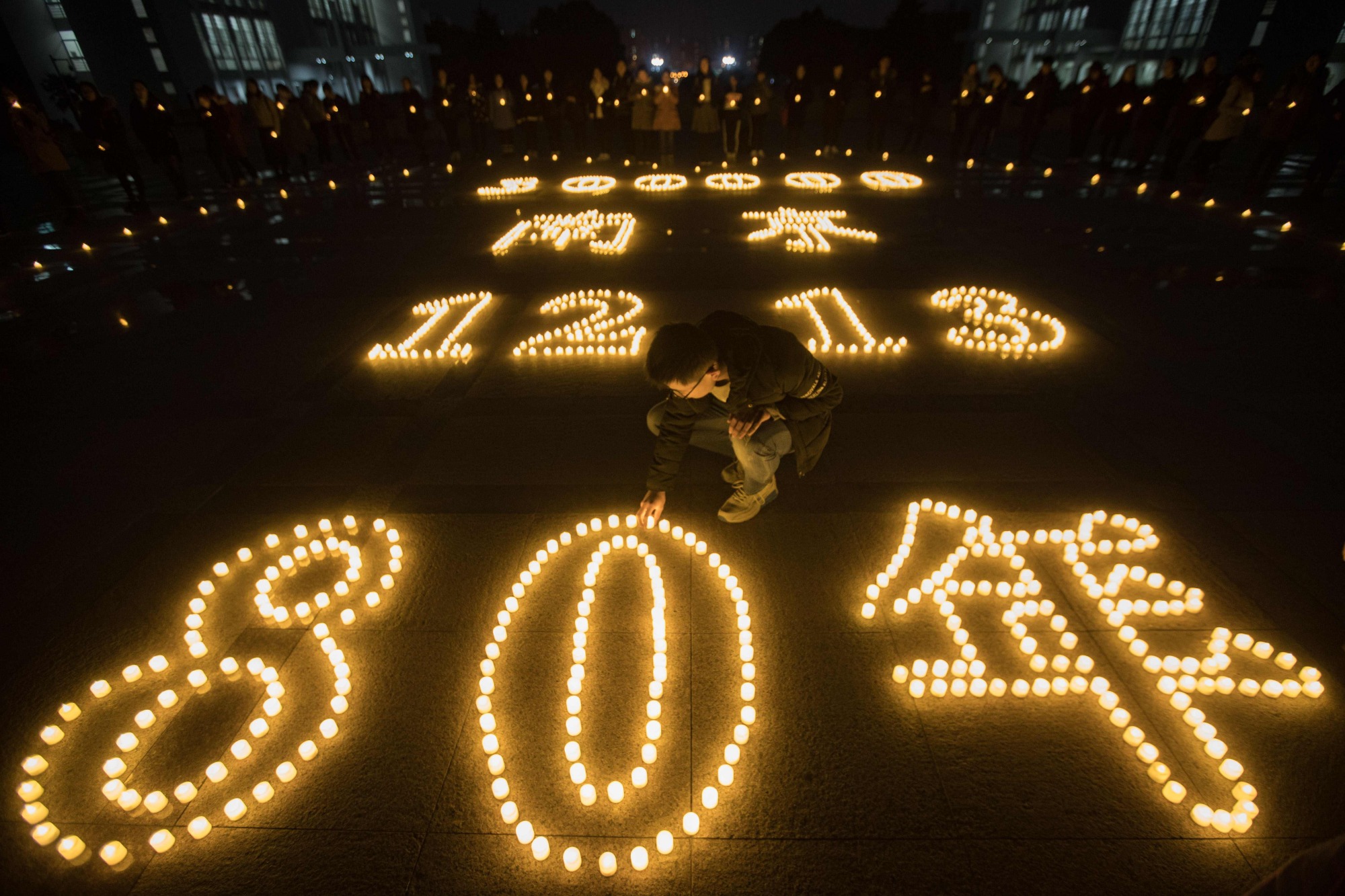Three years ago, China for the first time observed a National Memorial Day to mark the anniversary of the Nanjing massacre of 1937 when, according to Beijing, 300,000 civilians and unarmed soldiers were killed by the Imperial Japanese Army.
On Dec. 13, 2014, President Xi Jinping warned Japan in his address at the Nanjing ceremony: "History will not be altered as time changes, and facts will not disappear because of any chicanery or denials." That is to say, the Japanese government cannot evade responsibility for events that occurred before most of the Japanese people alive today were even born.
The proclamation of the national memorial day, together with the announcement of observing Sept. 3 as Victory Over Japan Day, came almost seven decades after the war ended. The actions seemed overtly political, enabling China to occupy the moral high ground in bilateral relations. Since Xi became China's leader in 2012, Sino-Japanese relations have deteriorated dramatically.


















With your current subscription plan you can comment on stories. However, before writing your first comment, please create a display name in the Profile section of your subscriber account page.